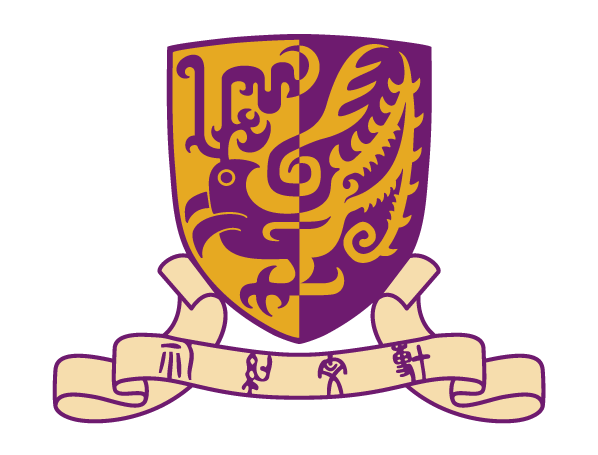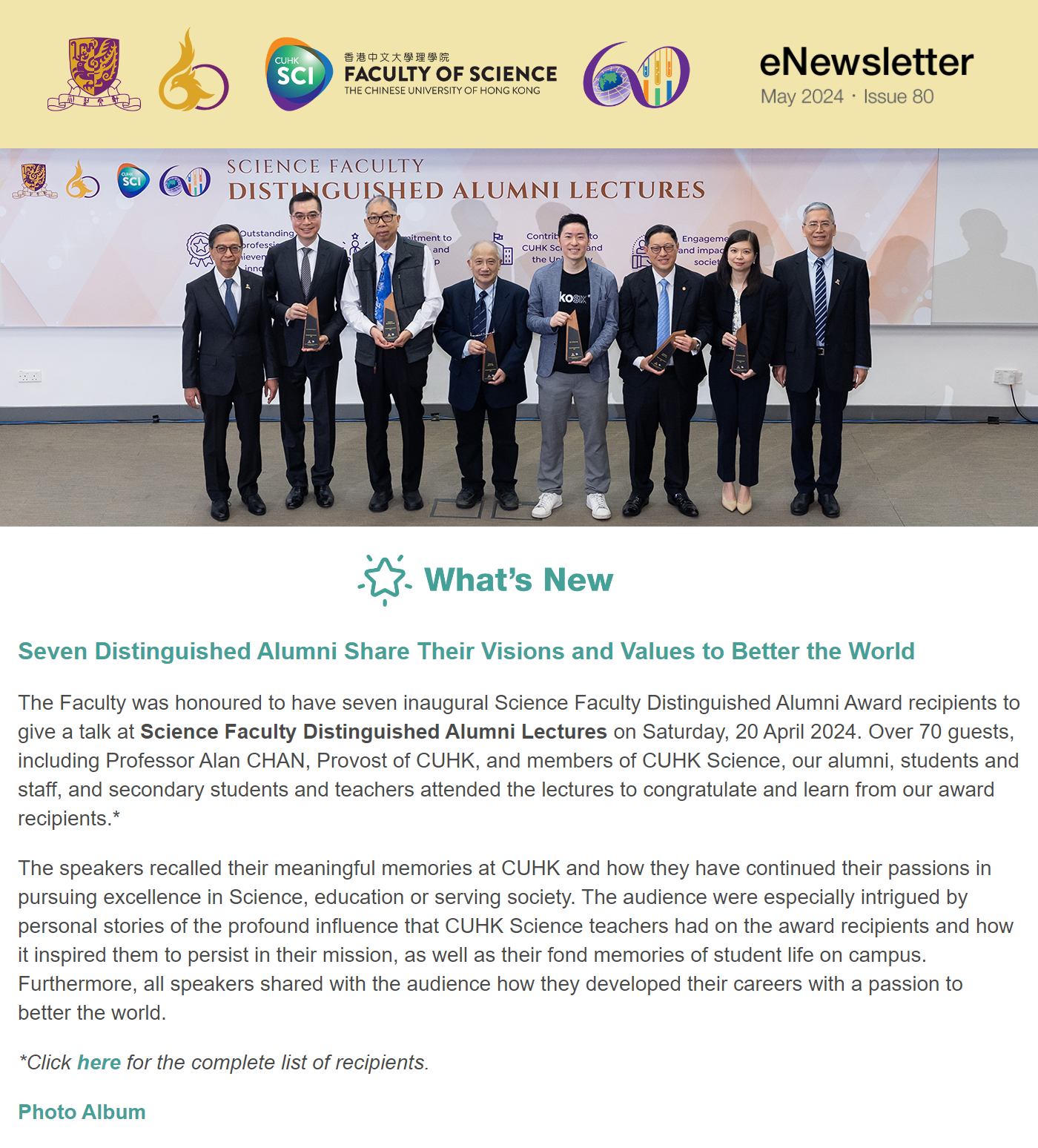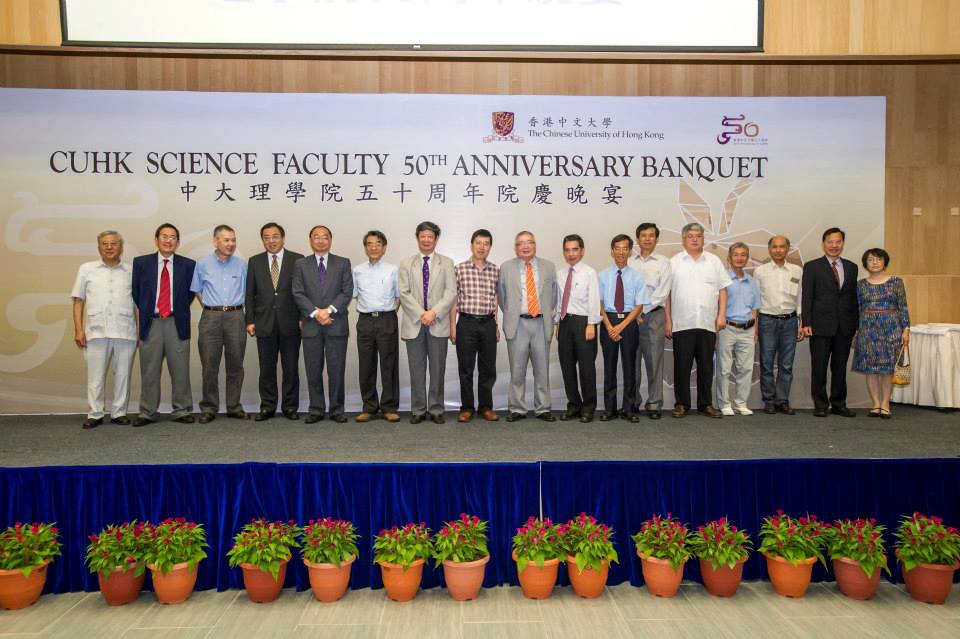A Paradigm of Collaborative Research in Integrative Medicine
Date: 9 January 2008 (Wednesday)
Time: 12:30pm - 1:30pm
Venue: 126, C N Yang Reading Room, Science Centre North Block
Speaker: Prof. CHE Chun Tao, School of Chinese Medicine; Prof. SUNG Jao Yiu Joseph, Department of Medicine and Therapeutic
Abstract: Modern studies on traditional medicine and medicinal plants require a multidisciplinary approach, interfacing the traditional knowledge, modern sciences, as well as clinical expertise. To illustrate this approach, the scenario of studying a multi-item herbal prescription for the treatment of irritable bowel syndrome (IBS) is described in this presentation. The project is part of an international collaboration involving researchers based in Hong Kong, United States and Australia, and consists of the following aspects of investigations: (1) Documentation and analysis of traditional and modern literature on ethnomedical, biological, chemical, toxicological, and clinical data; (2) Quality standardization of individual herbs as well as the combined medicinal formula; (3) Biological evaluation using in vitro and in vivo bioassay models; (4) Preclinical toxicology of the herbal formula including acute/chronic toxicity and mutagenicity evaluations; (5) Clinical trial on the efficacy of the herbal mixture on patients suffering from IBS, and (6) Experimental acupuncture on an animal model.
To all accounts, this is a unique project owing to its inter-cultural, international, and inter-disciplinary nature, and the characteristics of interfacing between traditional and modern sciences. Multidisciplinary collaboration is considered a most desirable and effective approach for modern study of Chinese medicine, in particular towards the ultimate goal of integrative medicine.
(This project is supported by an International Collaborative Research Center grant of the National Center for Complementary and Alternative Medicine, National Institutes of Health, USA. The presenting authors acknowledge their collaborators in this project for their partnership and friendship: Professors Brian Berman, David Yew, LEUNG Wai Keung, Justin Wu, LAO Lixing, Harry Fong, Alan Bensoussan, and other colleagues who participate in the project.)

















